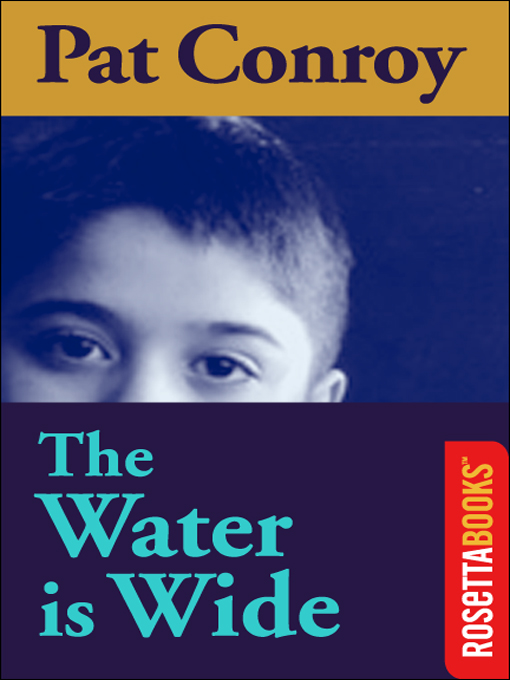- Cowboys and Country Music
- Literary Longlists
- Solar Eclipse
- Spring Cleaning
- The More People I Meet, the More I Love My Dog
- Life on Our Planet
- Celebrate the Freedom to Read!
- Washington State Authors
- Great Book Group Picks
- Always Available Classics
- Available now eBooks
- Just Added eBooks
- All eBooks
- See all
- Award Winning Audiobooks 2024
- Available now Audiobooks
- Just Added Audiobooks
- Poetry is Meant to Be Spoken
- Stuff You Missed in History Class
- Radio Dramas
- Hear the Dark Academia
- Listen While You Run: Audiobooks for Workouts
- Read by a Celeb
- Quick Stories
- Audiobooks for your Commute
- All Audiobooks
- See all
- News & Politics
- Celebrity
- Health & Fitness
- Food & Wine
- Fashion
- Tech & Gaming
- Business & Finance
- Revistas
- Cars & Motorcycles
- Home & Garden
- See all

